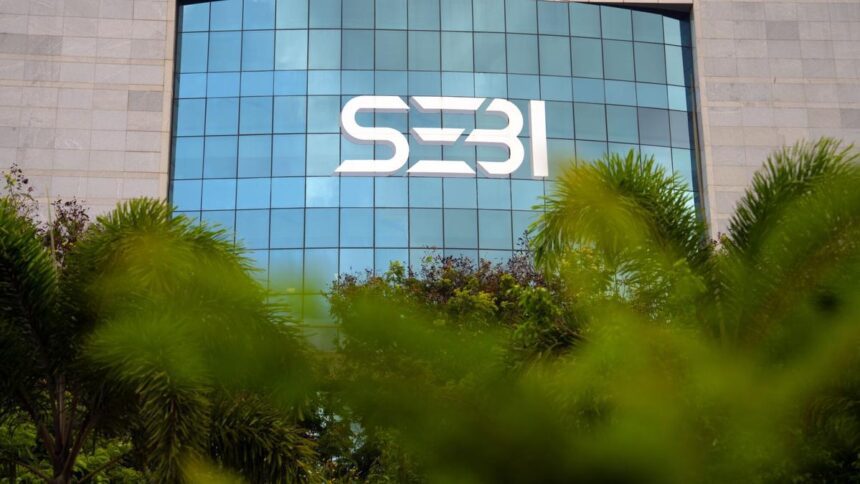The Securities and Exchange Board of India (SEBI) has announced changes aimed at curbing the authority of chief executives of exchanges, clearing houses, and depositories, promoting a greater role for executive directors (EDs). According to experts, this measure is expected to decrease the reliance on singular leadership in public utilities.
Key verticals such as risk management, compliance, and investor grievance redressal will now be overseen by board-level EDs, designated as key managerial personnel. While these EDs will continue to report to the managing director (MD), their performance evaluations will be managed by the board’s nomination and remuneration committee.
“This is a welcome move,” remarked Uday Tardalkar, a market expert and economist. “In organizations where compliance and risk heads are valued, growth increases significantly. Limiting the powers of the MD could also benefit members of the MII board, shifting the focus to institutional governance instead of a singular individual.”
The two board-level EDs tasked with handling critical functions are anticipated to enhance governance and establish independent communication lines with the board, committees, and SEBI. KC Jacob, Partner at Economic Law Partners, stated, “The proposal elevates governance standards for MIIs, placing greater emphasis on public interest and ensuring adequate leadership presence in critical operational and regulatory verticals.” He cautioned, however, that the reporting structure to the MD might pose challenges for a clear and effective hierarchy.
Statutory committees will continue conducting separate meetings with key managerial personnel (KMPs) quarterly, excluding the MD and ED. “The authority of the MD must not be compromised, as they will remain responsible for the overall affairs of MIIs. The proposed EDs for key verticals will report to the MD,” a source within SEBI clarified.
This initiative is part of SEBI’s broader focus on enhancing governance standards at market infrastructure institutions (MIIs), following incidents like the NSE colocation case, which highlighted risks associated with concentrated authority.
In addition to governance changes, SEBI has expanded the scope and quota for anchor investors in public offerings. The quota for institutional investors such as insurance companies and pension funds has been raised from 30% to 40%. Ajay Kejriwal, Executive Director at Choice Equity Broking, noted, “The inclusion of life insurers and pension funds will usher in long-term, stable capital to IPOs. The concern, however, lies in ensuring smaller domestic institutions are not marginalized. Transparency in post-IPO allocation data would be beneficial.”
By broadening the anchor investor pool, SEBI aims to bolster confidence in IPOs, attract a diverse range of investors, and reduce volatility during price discovery while maintaining a retail quota of 35%.
Published on September 16, 2025.










